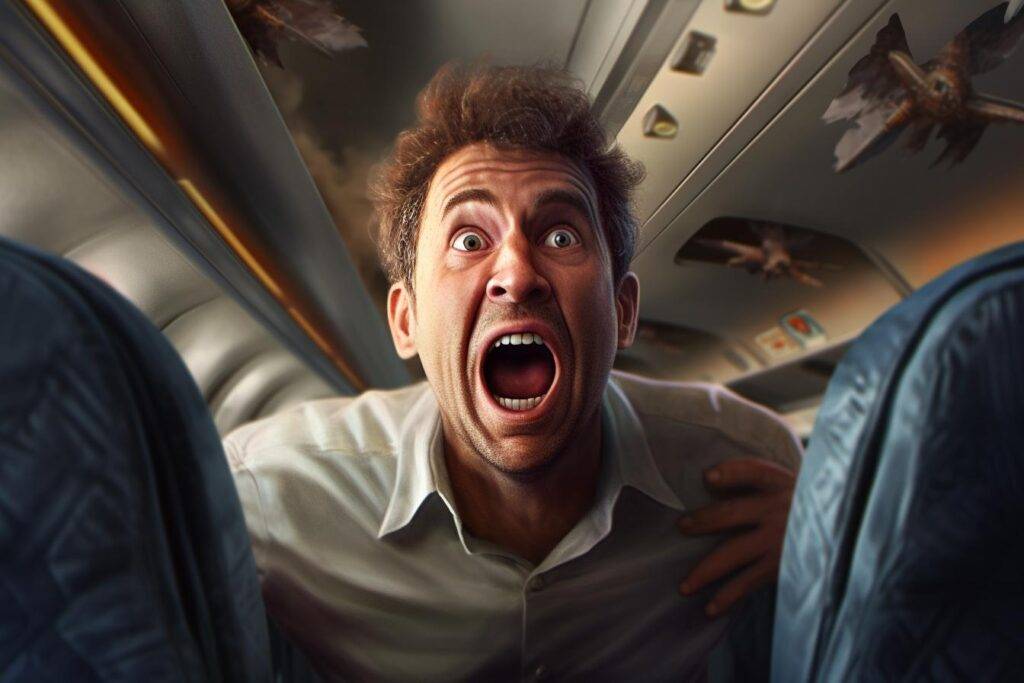Phobias can be caused by a variety of factors, such as genetic, environmental or psychological causes, or a combination of these.
Phobias are strong and irrational fears of certain objects, situations or activities. They can range from phobias such as arachnophobia (fear of spiders) to more specific phobias such as aerophobia (fear of flying) or agoraphobia (fear of open or crowded places).
Genetics is one of the factors that contribute to the development of phobias. Research has shown that there may be a genetic predisposition to certain phobias, meaning that individuals may be more likely to experience a specific fear if it runs in their family.
Environmental factors also play a role in the development of phobias. Traumatic experiences or negative events related to a specific object or situation can trigger a phobia. For example, a person who has had a traumatic experience with a dog may develop cynophobia (fear of dogs).
Phobias can act as a defence mechanism, as the fear response is triggered to protect the individual from potential danger. However, in phobias this fear response becomes exaggerated and disproportionate to the actual threat.
Phobias can have a significant impact on a person’s daily life, causing distress that interferes with their ability to function normally.
Understanding the causes of phobias is important for developing effective treatments to help people manage and overcome their fears.







